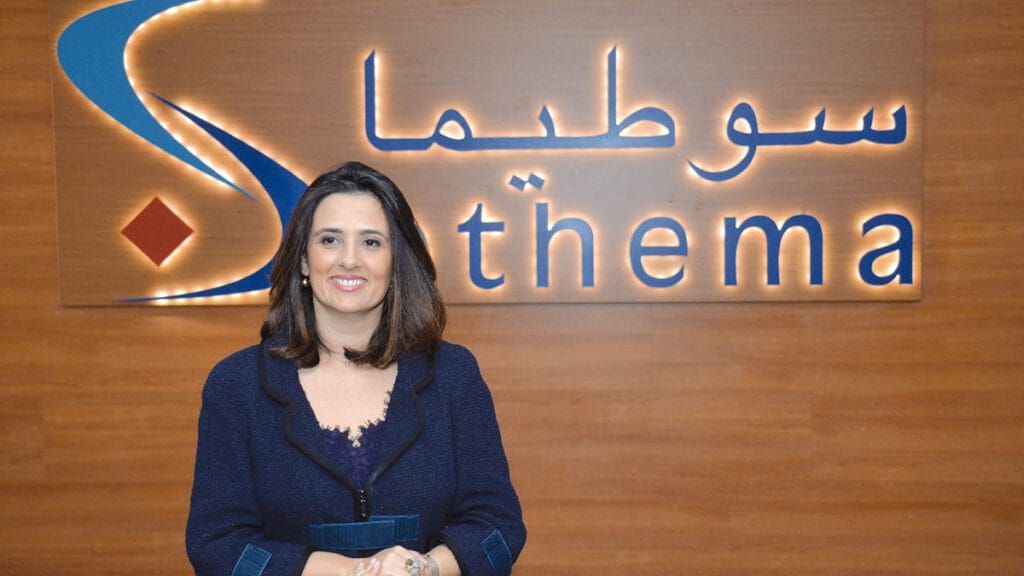Sothema, a key player in the pharmaceutical industry in Morocco, has just reached a decisive turning point in its energy transition. The company has signed a strategic agreement with a local renewable energy producer, thereby ensuring 100% coverage of its green electricity needs, amounting to an annual supply of 20 GWh.
This partnership marks an important step in reducing Sothema’s carbon footprint, with an estimated 94% decrease in CO2 emissions, equivalent to about 14,000 tons of CO2 avoided each year. According to the company, the agreement complies with the provisions of Moroccan law on renewable energies, thus reinforcing Sothema’s commitment to a more sustainable future.
Ms. Lamia Tazi, CEO and Chairwoman of the Board of Directors of Sothema, emphasized that this partnership fully aligns with the company’s Corporate Social Responsibility (CSR) strategy. She added: “This PPA (Power Purchase Agreement) represents a key step in our energy transition project, combining energy efficiency and reducing our carbon footprint.”
This initiative adds to several other ecological measures already implemented by the company. Since 2018, Sothema has launched a biomass boiler that recycles 2,000 tons of organic waste each year. This system has allowed for the replacement of part of the fossil energy consumption with renewable energy, while also contributing to the creation of local jobs.
In parallel, Sothema continues its environmental commitment with initiatives such as its first energy audit conducted in 2011, in collaboration with the Moroccan Agency for Sustainable Energy (AMEE). The company is also ISO 14001 certified for its environmental management and is on track to obtain ISO 50001 certification, thus demonstrating its seriousness in responsible energy management.
Founded in 1976, Sothema specializes in the development, manufacturing, and marketing of medicines and medical devices. By collaborating with 40 leading laboratories in research and development, the company provides innovative medicines in Morocco, Africa, and the Arab world, in various therapeutic areas such as oncology, hematology, endocrinology, and many others.


